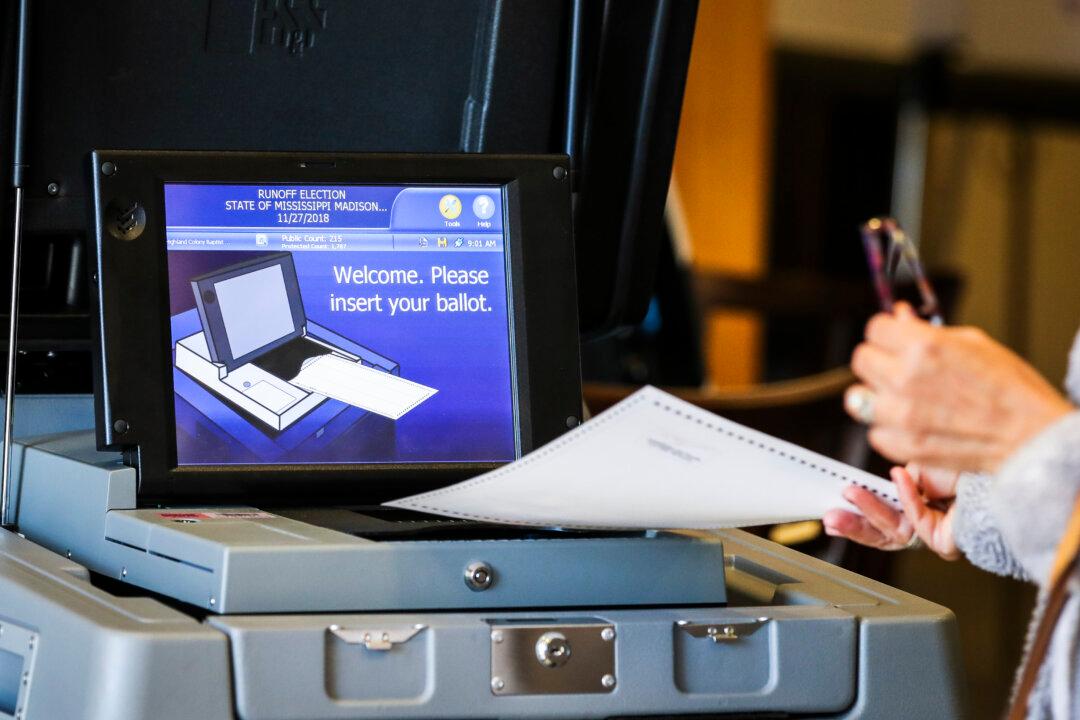A Mississippi law that allows ballots received up to five days after an election to be counted is lawful, a federal judge ruled on July 28.
U.S. District Judge Louis Guirola Jr. pointed, in part, to the Uniformed and Overseas Citizens Absentee Voting Act (UOCAVA), which governs ballots from citizens residing overseas.





